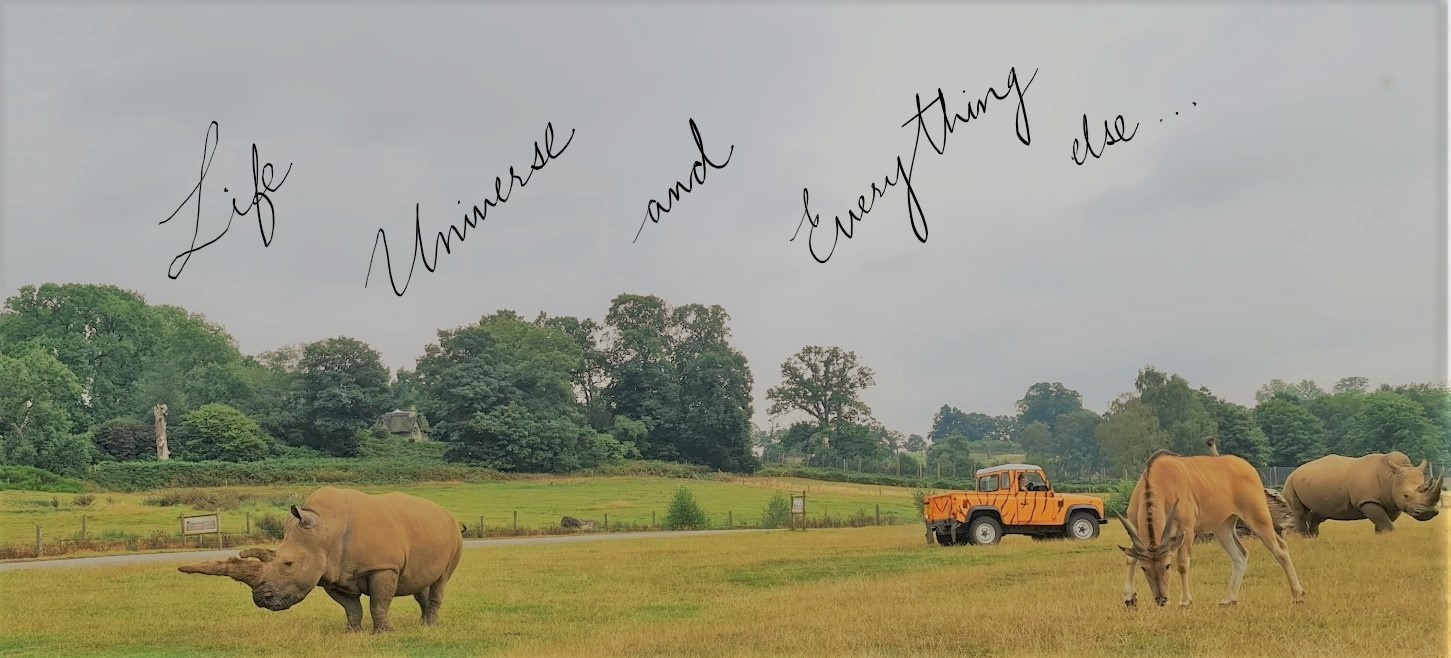Half a Yellow Sun
Prologue: l mulled over the review for nearly a year now. Actually, I mulled over the book itself for weeks after I finished reading it. I'm back to this review now after months because I read news about the upcoming Nigerian elections and about a political party that is reaching out to Biafran sentiments.
***
Books are windows into different worlds. I knew so little about Nigeria except for some basic geography and that it was a British colony at some point. The aspirations of new generations I learnt through Americanah, and thought diaspora of English speaking developing countries reach out to the UK and the US in similar ways and we must all be the same.
Half a Yellow Sun showed me a different history and a different world I would have never known otherwise. I'm sure in today's world of polar divisional opinions there would be many Nigerians who reject the version from Chimamanda Ngoze Adichie. To them I would like to say that I may not know the whole story but I would have known none if not for her.
The story tells us about the nation of Biafra, a nation state for the Igbo people of the Nigerian region who wanted to separate from the Hausa and Yoruba peoples. And about war, conscription, rationing and starvation. The story unfolds through the eyes of various characters. Olanna is an idealistic beautiful and rich Nigerian who need not get into this fight. In fact her ex-boyfriend was Hausa and Muslim (like the majority of Hausa) and her parents preferred that relationship to her current Igbo boyfriend. Her twin sister Kainene, bold and unfazed who is business minded enough to make money out of the war, also ends up fighting it. Olanna's boyfriend, Odenigbo, whose intellectual superiority keeps his fire burning for the war, is the only main character who believes in Biafra as a concept. The White British misfit, Richard hopes to become a Biafran to truly belong to the same country as his girlfriend Kainene, mostly in order to be part of something and not be an outsider. Ugwu, the household help at Olanna's house has a completely different view to his rich masters and yet loyalty comes easily to the poor.
All of them are rooting for Biafra for various reasons. And history will tell you that Biafra lost. The book was not so much about the strategies of winning and losing the war as much as it is about how people root for the 'right' side. It's so very hard when you are on the ground to understand whether you are right or wrong or winning or losing. You also get swept by the people around you to do what others do, sometimes with little thought. When times are tough, you persist because of your faith/belief even though you may have an easy way out.
The story is entirely from the Biafran point of view and Adichie herself is Igbo. I know not whether Adichie believed in Biafra or not but some of the characters in the book are such staunch believers that it does not occur to them that they might lose. Some like Ugwu care little about who rules the world because it makes little difference to the poor. But for most part, people are in it because it gives them purpose. Sometimes you wonder what is that worth when people die and little history is remembered outside some confines.
***
Epilogue: I read a Lunch with FT feature with Adichie. Among many things that were discussed, one that came up was the character of Richard. She is asked often if it was intentional to make the only essential white character in the book such a dud. Richard originally comes to Nigeria to write a book on some African pots and he comes off as a wanna-be hipster who had his own whitewashed view of Nigeria. He finds Kainene who is a strong woman and clearly the domineering one in the relationship. He also has problems in bed. Some find that this is emasculating and question that intention of the author.
I was really surprised at this line of thought. It had never occurred to me. Of course he wasn't central to a plot that's about Nigerians in Nigeria !
Adichie's response - the Englishman doesn't have to be the superhero all the time. This was an eye opener. But I must appreciate the FT interviewer for including this snippet in spite of how it makes him look.

Comments
Post a Comment